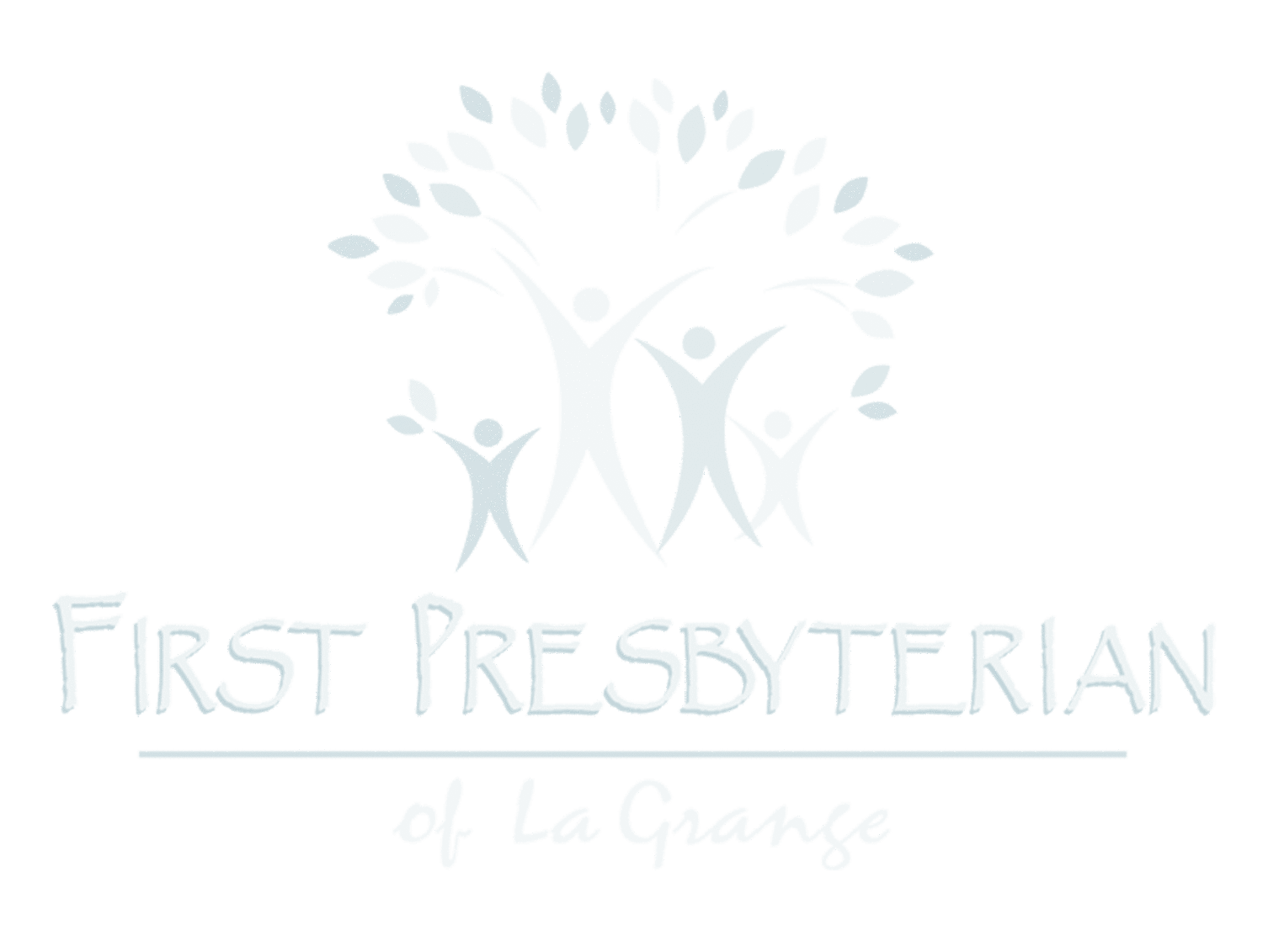Dear Ebbing Ecclesia,
Yep, I read another article tracing the decline of traditional (“mainline”) Protestant churches in America. PCUSA, our Presbyterian denomination, is right there with the best of them. Statistically, we’re in better shape than the Reformed Church in America and the United Church of Christ, who over the past 50 years have lost 62% and 52% of their membership respectively. With our 47% loss, however, we’re not doing as well as the United Methodists, who lost 33%, or the Lutherans (ELCA) at a trivial 27%. But despite the disparaging comments of the article’s author, I believe we have reasons to be optimistic.
First, the decline of these denominations is not a reflection of a grand theological abandonment. These denominations have shrunk because of demographic trends, not theological missteps. Historically comprised of neighborhood and rural churches, the core congregations of these legacy denominations have gone the same way as the local bakery, butcher and corner grocery store, and they have declined for many of the same reasons. Lack of parking, ethnic affinity, legacy costs of aging facilities and a loss of neighborhood cohesion, along with population decline in small towns, have decimated small community institutions of every kind. If one treated the shrinkage of the Certified Grocery chain like demographers treat denominational decline, headlines would declare the death of mom-and-pop stores obviously linked to the introduction of poison to their signature sausages.
No, the decline in our, and our sister denominations is not because of liberal-versus-conservative alignments, but the trends of the very communities in which they are nestled. As any promoter knows, markets have limits, a fact that many megachurches are learning as their leveraged construction debt is based on unrealistic growth projections.
My second reason for optimism is the structure of our denominations as learning systems. By this I mean our capacity over the long haul not to embrace change, but to initiate it. Our own system of elder-leadership, the very core of what it means to be Presbyterian, finds within each congregation the most faithful individuals to collaboratively form the church’s next iteration. Our tradition’s theme, “Ecclesia reformata, semper reformanda” (the church reformed and always reforming), declares the seeds of our future are already growing in our present reality. We, in our own congregation, have individuals who are praying, studying, thinking and learning how to be faithful in the unfolding 21st century. These happen to be the same people the nominating committee is contacting to serve as elders and deacons to and from our community. I have yet to meet a new elder who considers his or her responsibility as trivial.
Finally, I’m optimistic because congregational health is not about market share—20% congregational growth isn’t about being 20% more faithful to the Gospel. In fact, many of the most deeply spiritual individuals I have met are serving in congregations that are declining institutionally. God’s grace and the power of Christ’s healing are not diminished relative to the percentage of empty pews. While corporations may ebb and flow, the power of the Holy Spirit to change lives does not. God’s sovereignty is not linked to statistical fluctuations in attendance or pledging trends. And while one building or another may close, and another expand, the Church of Jesus Christ loses no members.
With gratitude for faithfulness expressed in any size, I remain
With Love,
Jonathan B. Krogh, Your Pastor

